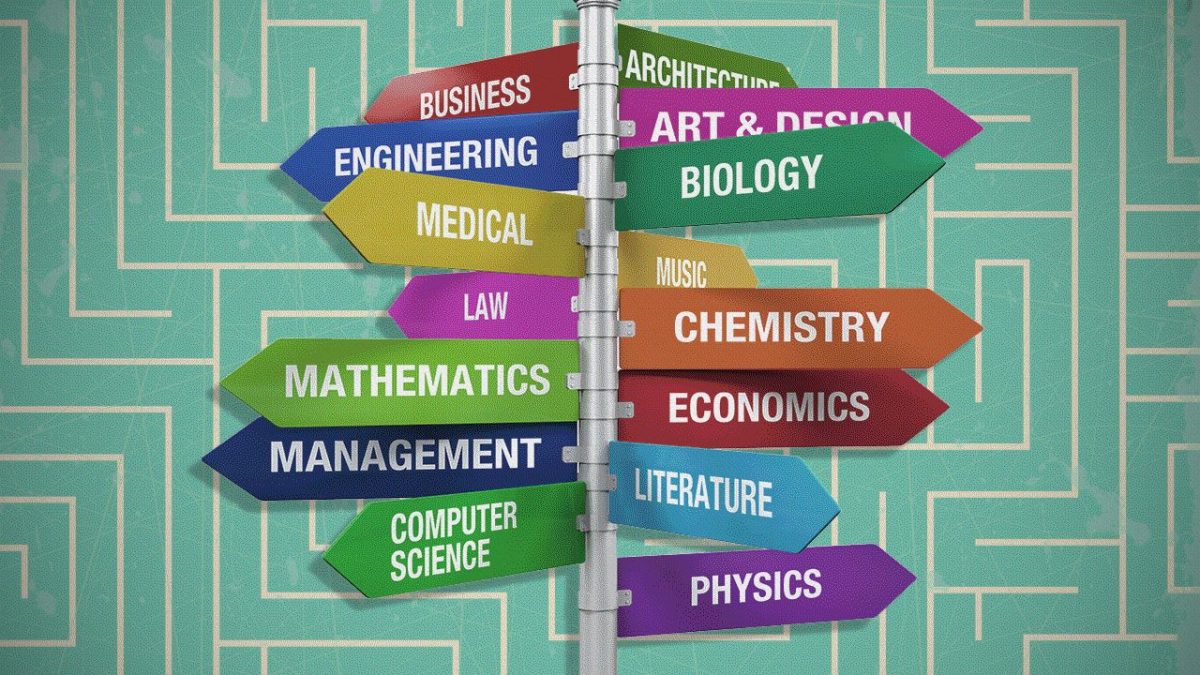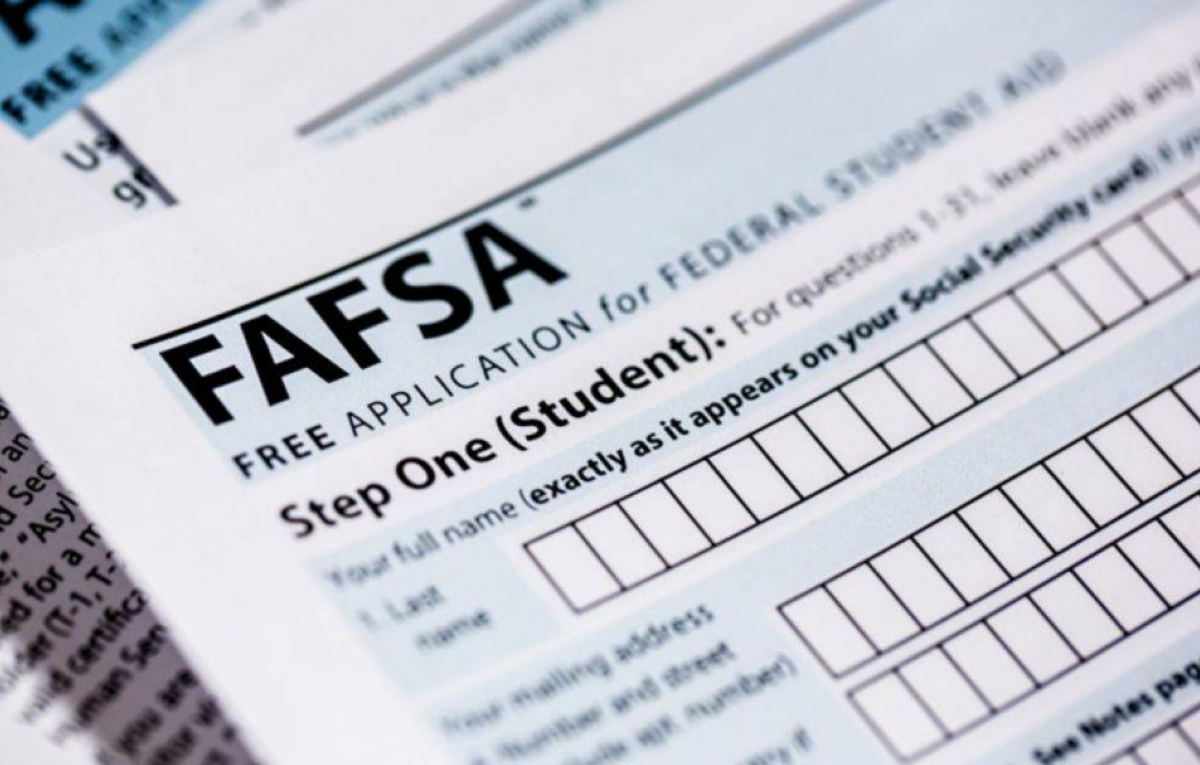It is now November, and we are a little over two months into the 2023–2024 school year. Around this time, back-to-school jitters are gone, “real” tests and quizzes are given, and the workload has increased. While this new pace can seem daunting and overwhelming, it can also be used as an opportunity to develop excellent study habits to get through the rest of the school year and even the rest of your academic career. These academic tips that I will share with you in this article will hopefully help make test scores go up and the stress of the school year go down.
Tip 1: Write Everything Down
Writing down all of your assignments and when they are due can definitely help you organize yourself for two reasons. One, writing it down can help keep the assignments on your radar and remind you to do them before their due dates. Two, writing assignments down can also help you collect your thoughts and figure out which one to tackle first, and you won’t have to figure out all the homework you received from memory. Homework Tracker is a great program to use to keep track of assignments. The app not only helps you organize and specify details of assignments, but it also orders them by their due dates, helping you decide which assignments you should do first. Having a physical planner is also useful, as you can write down your assignments and other activities or tasks you have to remember that are not necessarily related to school. Overall, it does not matter exactly how you keep track of your homework, as long as you are doing what works for you.
Tip 2: Don’t Cram!
For the sake of avoiding information overload, please try not to cram the night before an assignment is due or right before an exam. As easy as it may seem to just leave everything to do at the last minute because you “work better under pressure.” in the long run, this habit can set you back. Instead, try to study the topic for five to ten minutes every day leading up to the quiz or exam, so at least you’ll have a general idea of the material and you won’t have to study for hours the night before. For big assignments that are due in at least three days from when they were given, do a couple parts of them every day so you aren’t up until 11:58 at night finishing them up. For smaller assignments, do it the day it was assigned and get it out of the way so you don’t have to think about it. It’s totally understandable to not always be able to dedicate time to studying the information or doing some of an assignment. However, when you can, try to do so in order to allow yourself more relaxing and stress-free nights.
Tip 3: Make It Interesting
It can be hard to sit down every day for a couple of hours to work on homework, projects, and study guides. However, to make studying just a little bit more bearable, try incorporating activities you like into it; you might just end up working longer than expected. A great way to make studying more enjoyable is to listen to music. Unfortunately, the catch is that for most subjects, listening to instrumental music is a better option than lyrical songs. Spotify has many great playlists to choose from, though, to make this problem go away. Additionally, no one said doing schoolwork has to be a solitary activity. Invite a friend or a couple of friends over to work, or set up some sort of study group; the options are endless. Thirdly, work in a new environment. This can range from working in the living room instead of your desk to working in a whole different building, like a cafe or study lounge. Sometimes we as people tend to associate places with certain feelings, in this case a desk with working endlessly. Consequently, entering the room can result in an already-formed idea of how the night is going to be: you are working on numerous homework assignments. However, changing your scenery is all you need sometimes to have a more productive work session. These ways to keep studying and doing homework more engaging might change the way you view the activity and might just increase how long you do it.
Tip 4: Reward Yourself
To motivate yourself to continue your rigorous study and homework sessions, create some sort of reward system. These rewards could be as small as giving yourself a five-minute break after working for thirty or as big as letting yourself hang out with your friends after finishing everything. This is one of the most important and impactful parts of getting work done because a lack of breaks or rewards can lead to burnout. Always have a positive end goal in mind when working in order to encourage yourself to finish: “If I get my homework done now, I can do _____ without worrying about my work later.” Always remember to recompense yourself for the hard work you do to keep yourself going; it will pay off in the end.
With a little bit of planning and pacing, you too can be a stress-managed high achiever!

















































































































































































